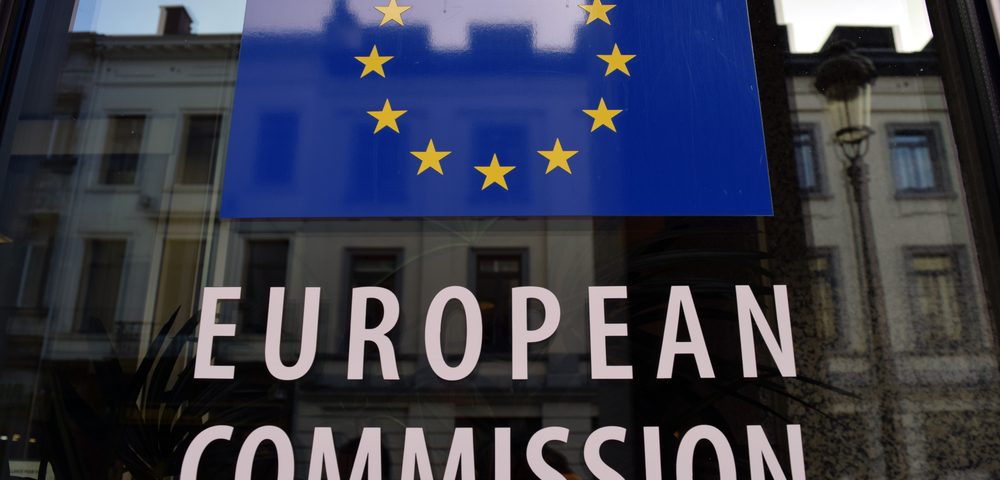The European Commission has approved a combination of Keytruda (pembrolizumab) with Inlyta (axitinib) for the first-line treatment of patients with advanced renal cell carcinoma (RCC).
The approval is based on the results of the multi-center KEYNOTE-426 Phase 3 trial (NCT02853331), which involved 861 untreated patients with metastatic RCC, the most common type of kidney cancer.
“It’s encouraging that we can now offer patients in Europe the Keytruda with axitinib [Inlyta] combination as a first-line treatment option,” Thomas Powles, MD, lead investigator for KEYNOTE-426, said in a news release.
The trial showed that the combination of Keytruda (by Merck, known as MSD outside the U.S. and Canada) with Pfizer’s Inlyta prolonged overall survival, delayed disease progression or death, and increased rates of responses to treatment compared to standard treatment with Sutent (sunitinib, also by Pfizer).
Specifically, more patients on the combination lived past the one-year mark — 90% vs. 78% for the Sutent group — and lived longer with no signs of disease progression (a median of 15.1 months compared with the 11 months seen in patients taking Sutent). These findings corresponded to a 47% lower risk of death and a 31% decreased likelihood of disease worsening with the combination approach.
The overall response rate was 59% with Keytruda and Inlyta versus 36% with Sutent, including a complete response rate — the total disappearance of cancer signs — of 6% in the combination treatment group and 2% in the Sutent group. The median duration of response was 15.2 months with Sutent and was not reached with Keytruda-Inlyta, indicating the combo’s longer-lasting efficacy.
As for safety, the proportion of severe adverse events was similar in the two groups — 62.9% for the combination and 58.1% for Sutent — but such side effects led to more treatment discontinuations in the Sutent group — 10.1% vs. 6.3%.
The Keytruda-Inlyta therapy’s approval “marks an important milestone in our efforts for patients with this aggressive disease,” said Scot Ebbinghaus, MD, vice president of clinical research at Merck Research Laboratories.
“Offering an additional treatment option in the first-line setting is particularly important in patients with advanced RCC and underscores our commitment to develop Keytruda in areas of unmet need,” he added.
The approval allows marketing of the treatment combination in all 28 E.U. member states plus Iceland, Lichtenstein and Norway. It follows a recommendation by the Committee for Medicinal Products for Human Use (a branch of the European Medicines Agency) in July, and the U.S. Food and Drug Administration’s approval for a similar indication in April.
Keytruda is a so-called immune checkpoint inhibitor, which works by blocking the binding of the PD-1 protein on T-cells with PD-L1 on cancer cells to boost the anti-cancer immune response. Inlyta is an inhibitor of tyrosine kinases — enzymes involved in tumor growth and blood vessel formation — that ultimately reduces oxygen and nutrient supply to tumors, halting their proliferation and promoting cancer cell death.


